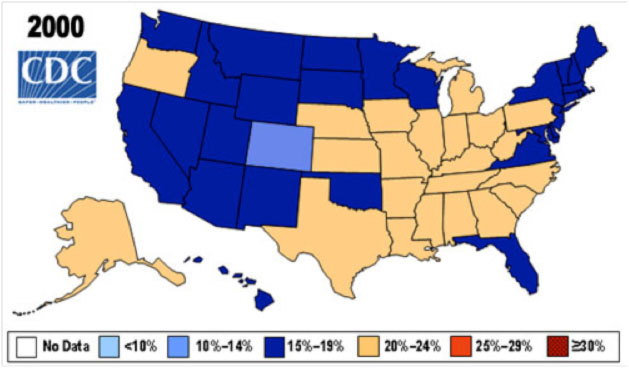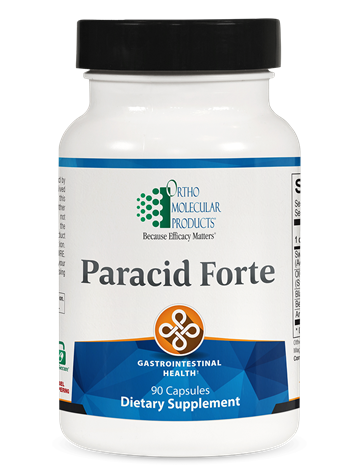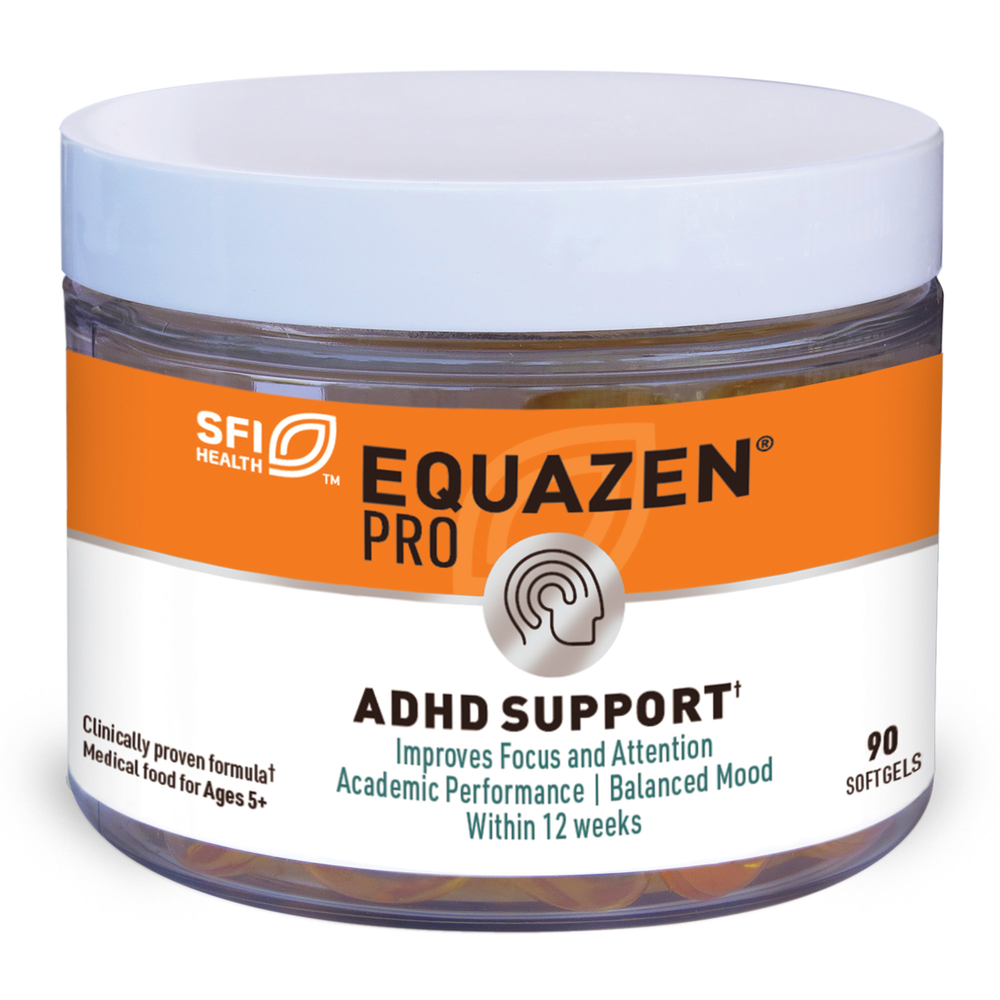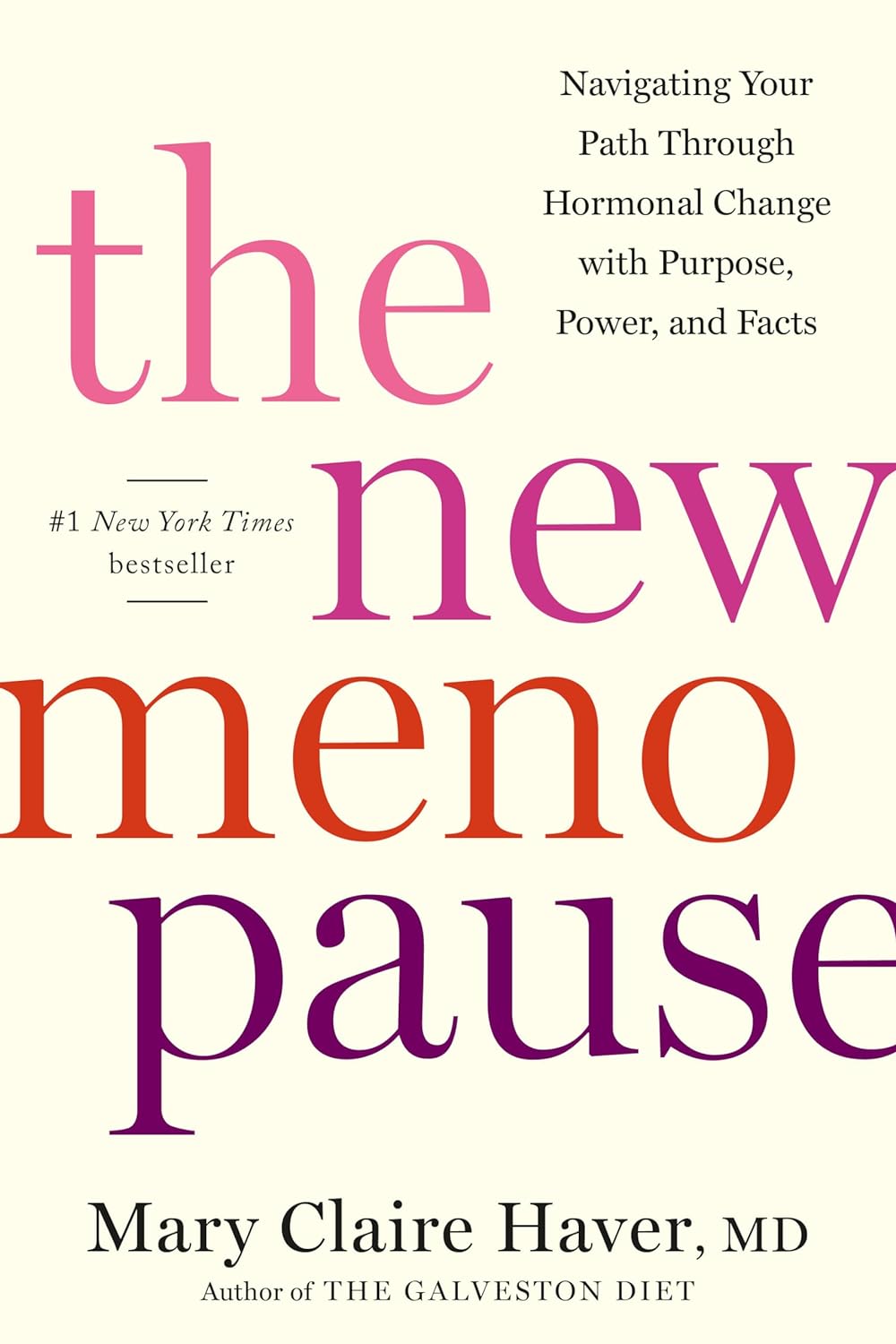I started consulting patients almost 16 years ago with a focus primarily on women (my practice now includes men and even teenagers) and the use of bio-identical hormones. Prior to this time I was a “mainstream pharmacist” who owned a community pharmacy. I got great satisfaction helping people treat their illnesses and symptoms with the tools I had from my training as a licensed registered pharmacist (prescription drugs).
I was trained to consult patients on side effects, drug interactions and compliance. As more pharmaceutical drugs came to market and with the advent of drug advertising on TV, I was beginning to see how overwhelming prescription drug use was becoming for pharmacists and practitioners alike. As a pharmacist practicing since 1967, I have been a part of these changes.
Is our health care better today with the availability of these new BigPharma drugs?
A study printed in JAMA in 2010: Murray and Frenk (2010) Ranking 37th – Measuring the Performance of the U.S. Health Care System.
It is hard to ignore that in 2006, the United States was number 1 in terms of health care spending per capita but ranked 39th for infant mortality, 43rd for adult female mortality, 42nd for adult male mortality, and 36th for life expectancy. These facts have fueled a question now being discussed in academic circles, as well as by government and the public: Why do we spend so much to get so little?
How about the rising trends in diabetes and chronic illness? Not to mention obesity trends demonstrated by these NIH charts spanning 1990-2010. Many of those affected are our youth!
NOTE: Weight gain is in my top three patient complaints.
Certainly contributing to this deterioration in our health is the marketing of unhealthy snacks and food, availability of foods that are nutritionally deficient, GMO foods, pesticides, and toxins from many sources including exhaust emissions, plastics we cook with and eat from, lawn chemicals, industrial chemicals and pollutants (and the list goes on).
From a health aspect, these exposures along with poor choices can have a profound effect on our hormone structure, function and metabolism.
Because of this, my practice has evolved throughout the years. We are now doing testing that I would never have dreamed could be done. I now have a whole patient perspective when it comes to the use of hormone therapy. Hormone replacement has a place in achieving and maintaining a good quality of life as we age. The question is, at what expense?
This is why I changed the name of my practice to Integrative Hormone Consulting. No longer can you just dispense a prescription for hormones and say: here try these! There are just too many metabolic and bio-chemical reactions that may increase patient risk if not addressed.
One example: Did you know that there can be a correlation between constipation and breast issues? Few practitioners ask if you are constipated when dispensing a hormone. Why is this important? It relates to nutrition, biochemistry and metabolism: whether you make or take hormones, your body must detoxify them when their job is done; otherwise they build up in tissues and increase risk. Detoxification requires nutrients, regular bowel movements and sufficient gut flora. These very important issues are overlooked most of the time due to our current medical model.
Since no practitioner is an expert at addressing every aspect of a patient’s health, over time I have developed a team to work with. Amy Timmerman, MSN, RN has a background in cardiology and is helping patients who want to take charge and get off their statin medications, as well as providing support for patients on hormone therapy.
We also collaborate with Leaves of Life practitioners:
Patty Shipley, RN, Naturopath has practiced nearly 15 years and has developed an approach to individualize care with her patients based on micronutrient analysis and genetic uniqueness.
Francie Silverman has her Masters of Science in Human Nutrition and has coached patients on detoxification, elimination diets and healthy weight loss for over 10 years.
Dr. Deanna Osborn, DO with a fellowship in anti-aging medicine, is practicing as a complimentary and integrative physician.
I’m also exceedingly grateful for all of the relationships I have developed with the medical community in central Ohio. Without their open mindedness and desire to see positive patient outcomes, I could not achieve my therapeutic goals with patients.
What I wish to achieve in the following newsletters it to help readers understand the meaning of lifestyle, exercise and the use of supplements and hormones. With guidance, I hope to empower patients to be able to reduce risk factors associated with chronic disease.











